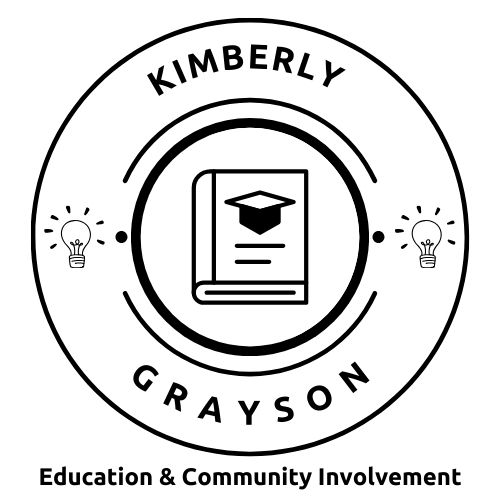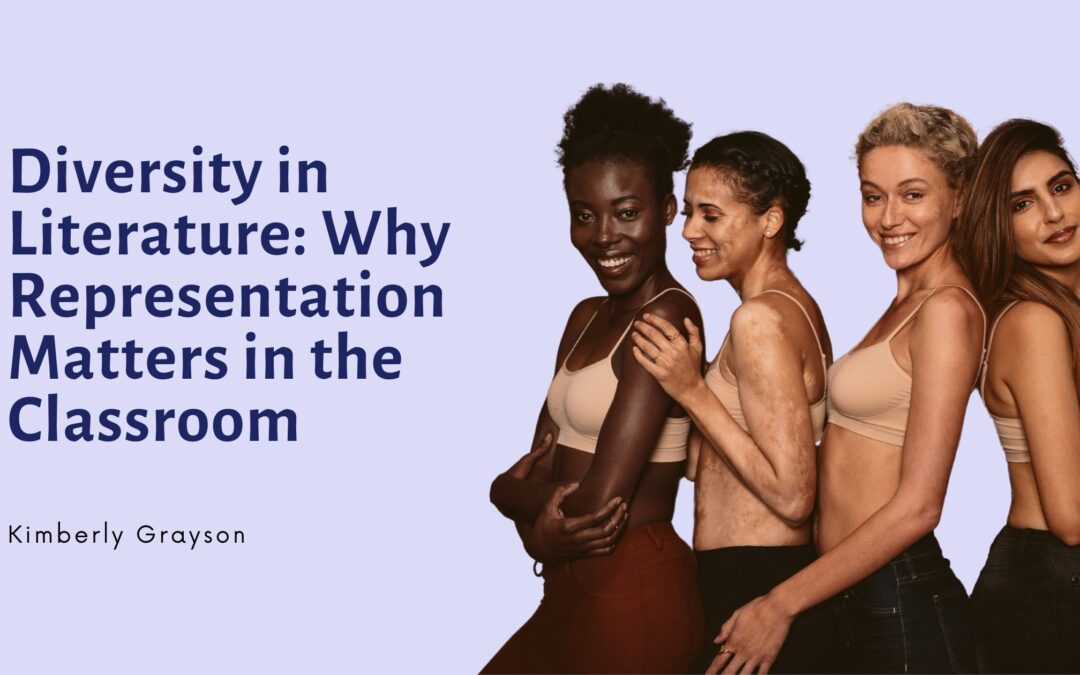Literature can shape our perceptions, broaden our horizons, and foster empathy. However, for far too long, the voices and experiences of marginalized communities, especially Black voices, have been underrepresented or misrepresented in the books taught in classrooms. Recognizing the importance of diversity in literature is crucial for creating inclusive learning environments where all students feel seen, heard, and valued.
The Importance of Representation
Representation matters because it validates the identities and experiences of individuals from diverse backgrounds. When Black students see characters who look like them, share their cultural heritage, or grapple with similar challenges, it affirms their sense of belonging and validates their experiences. This is especially vital for Black students who often face systemic barriers and cultural invisibility in mainstream narratives.
Moreover, exposure to diverse perspectives in literature helps all students develop empathy and understanding for people from different backgrounds. It expands their worldview, challenges stereotypes, and fosters a more inclusive and tolerant society. For Black students, it provides a mirror that reflects their realities and a window into other cultures and experiences, enriching their educational journey.
Benefits for Students
Diverse literature enriches the educational experience for all students, regardless of their background. It exposes students to various cultures, traditions, and viewpoints, promoting cultural competence and global awareness. For Black students, it can also be a source of empowerment, resilience, and pride in their heritage.
Furthermore, reading diverse literature helps students develop critical thinking skills as they analyze and evaluate different perspectives and narratives. It encourages them to question assumptions, challenge stereotypes, and engage in meaningful dialogue about social issues. This is particularly important for Black students as they navigate a world where their identities are often questioned or marginalized.
Diverse literature can profoundly impact students’ social and emotional development. Seeing themselves reflected in the pages of a book can boost self-esteem and confidence. For Black students, this affirmation is crucial in combating the negative stereotypes and biases they encounter. Encountering characters from different backgrounds also fosters empathy, compassion, and respect for diversity, preparing students to be compassionate and informed citizens.
Promoting Inclusivity in the Classroom
To promote diversity in literature, educators must intentionally select books that reflect their students’ diverse identities and experiences. This means seeking out books by Black authors and featuring protagonists of diverse racial, ethnic, cultural, religious, socioeconomic, and LGBTQ+ backgrounds.
Additionally, educators can incorporate diverse perspectives into classroom discussions and activities, encouraging students to explore and celebrate their differences. By creating a safe and inclusive space for dialogue, educators can help students develop a deeper understanding of themselves and others. For Black students, this inclusive approach validates their experiences and fosters a sense of community and belonging.
Moreover, educators should be mindful of the cultural relevance and authenticity of the chosen literature. They should seek out books that accurately represent the experiences and perspectives of the Black community and other marginalized groups, avoiding stereotypes or caricatures. This authenticity ensures that students receive a truthful and respectful portrayal of diverse experiences.
As educators, we are responsible for ensuring that all students see themselves reflected in the books they read and have access to stories that reflect the rich tapestry of human experience. By prioritizing diversity in literature, we can empower students to become compassionate, informed, and engaged global citizens ready to navigate an increasingly diverse and interconnected world.

